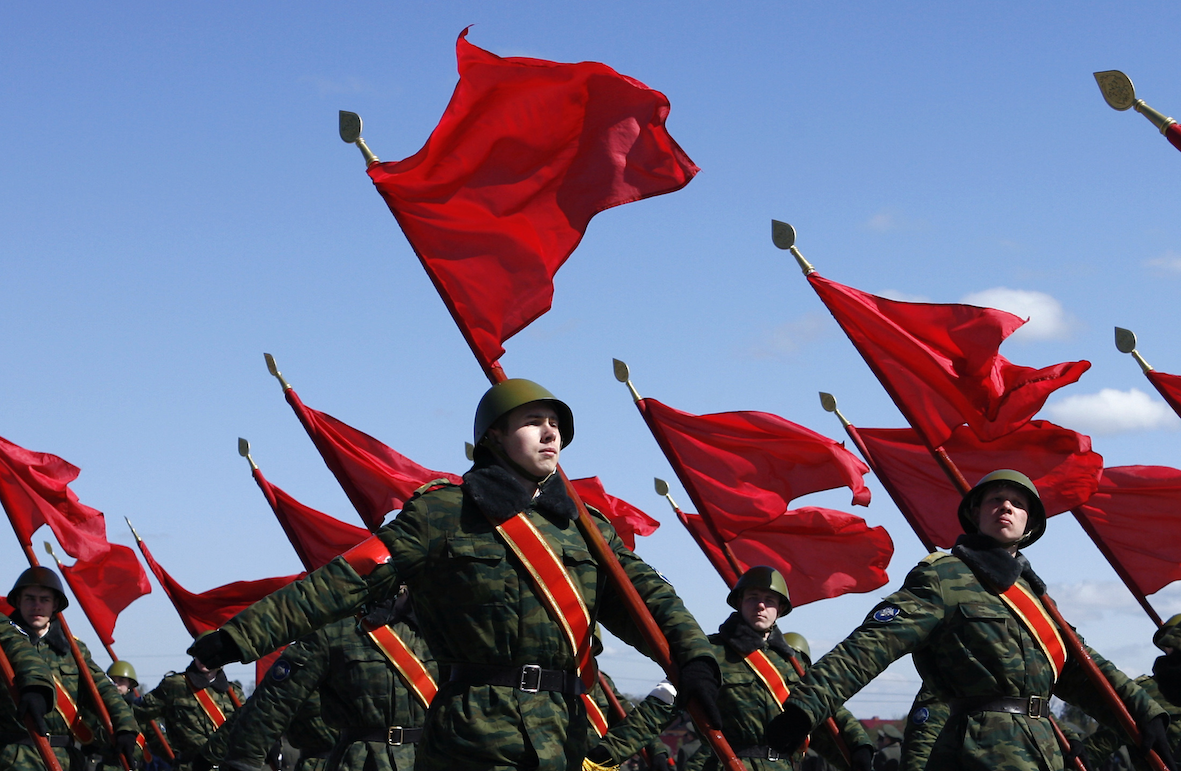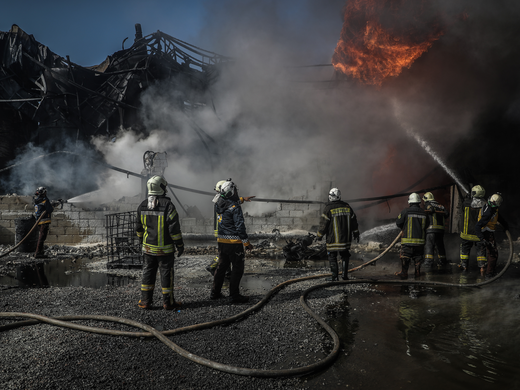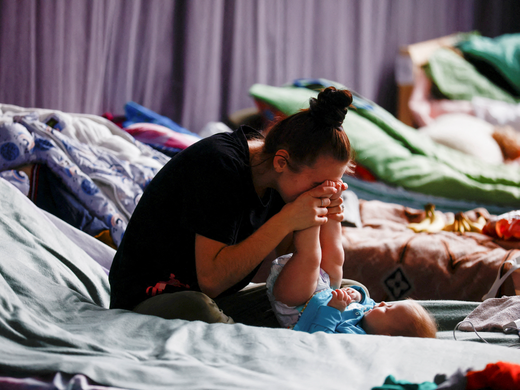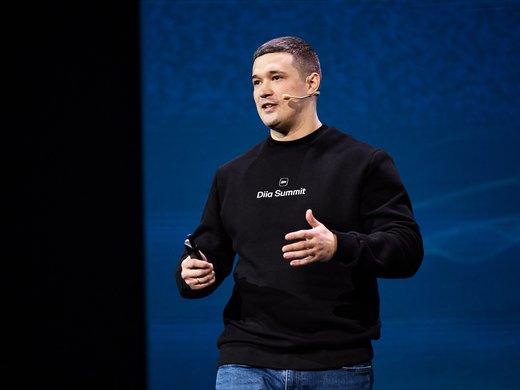Russian President Vladimir Putin’s predictable orchestration of his country’s most important national holiday — the May 9 celebration of Victory Day commemorating the defeat of Nazi Germany — was a stark reminder of how vital propaganda is to the survival of the Putin regime. Other instruments of Russian power — the military and the economy — may be faltering and under stress by losses suffered in Ukraine and from the impact of Western sanctions, but the engine of propaganda and its effort to stoke nationalist and patriotic fervour remains strong — for now.
Putin’s speech in Red Square amped up the rhetoric of the war in Ukraine, still labelled a “special military operation,” describing it as a necessary campaign of self-defence against imminent Western attack and a virtuous fight for the “security of the Russian motherland,” including in the eastern Ukrainian province of Donbas, which is the current focus of Russian military efforts.
The real significance of this Victory Day in 2022, coming after more than two months of fighting in Ukraine, was the implicit message to the Russian people that, once again, they are in for a long war that will demand great sacrifices, as the “great patriotic war” of 1941–1945 had demanded. How this will be received by Russians, in the days and months ahead, remains to be seen.
Propaganda campaigns depend on a controlled information environment and an ability to tap into national mythology. The Putin regime has engineered both instruments. It maintains an iron fist over official media channels and has clamped down on all forms of dissent through harsh policing and criminal sanctions. Its key political opponents have been exiled, jailed or, in some cases, murdered.
The Putin government has also sought to turn a version of history into a weapon, anointing Putin in a pantheon of great leaders of Russia and suggesting that he is a strong-man reincarnation of Joseph Stalin, pulling his country back to the glories of its Imperial and Soviet past. Forgotten are Stalin’s crimes against his own people, and his follies in leaving the Soviet Union unprepared for a German attack in June 1941, which brought the armies of the Reich to the gates of Leningrad and Moscow.
Just as Joseph Stalin mistook his foe in 1941, refusing to listen to warnings of an imminent German attack, so has Putin mistaken Ukraine and the Western world by engaging in magical thinking about a quick military victory, a welcoming Ukrainian population and a disunited and fractious West.
Russians learned a great deal about the crimes and mistakes of the Soviet leadership after the end of the Cold War. This layer of historical memory has been buried beneath the militaristic propaganda of the Putin dictatorship, but it cannot be forgotten and is waiting to resurface as Russians pay the price for Putin’s overly ambitious and miscalculated war. Putin is engaged in a dangerous gamble in his effort to restore an unblemished historical mythology about the greatness of Russia’s past.
Putin’s propaganda message about a just struggle waged for the security of the motherland must compete with facts on the ground. Russia has failed in its initial attempt to decapitate Ukraine’s democratic government and been forced to abandon its subsequent strategy of surrounding and capturing major Ukrainian cities such as Kyiv and Kharkiv.
For the moment, Putin has pivoted to consolidating gains in the south, including in what United Nations Secretary General António Guterres called the “hellscape” of Mariupol, and trying to grab land in the eastern province of Donbas, with annexation in mind. Military facts seem to point to a stalemate and, for Russia, a long-drawn-out and perhaps unwinnable war.
The propaganda message will ultimately face another sort of challenge from the numerous war crimes investigations currently under way by the International Criminal Court, the United Nations, the Organization for Security and Co-operation in Europe, and by Ukrainian authorities. The Group of Seven leaders, in their own declaration to commemorate the end of the Second World War, pledged to hold President Putin “and the architects and accomplices” of his aggression against Ukraine to account.
Putin may wish to put on the mantle of Joseph Stalin, and of a just war, but Stalin never had to face a war crimes investigation. The power of war crimes findings to puncture Russian propaganda and any idea of a just war may be lasting.
This article first appeared in the National Post.



